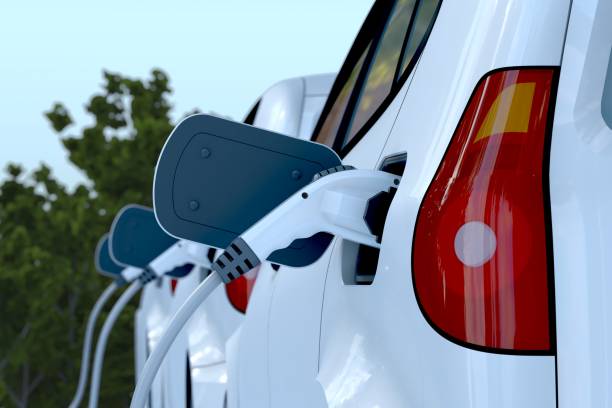The Rise of Electric Vehicles in Fleets

In November 2023, the Australian Fleet Management Association (AFMA) highlighted the rapidly growing trend of electric vehicles (EVs) in corporate fleets. Transformative change is underway in the fleet management landscape as organisations increasingly embrace environmental sustainability and recognise the benefits of EV deployment. Let’s take a closer look at the report’s key findings and insights.
Drivers of EV adoption:
The report identified environmental sustainability and corporate responsibility as key reasons for incorporating EVs into corporate fleets. Larger organisations are particularly keen to reduce their carbon footprint, while smaller organisations see EVs as a cost-saving opportunity. Interestingly, local government fleets prioritise environmental sustainability, whereas state and federal government fleets are swayed by corporate responsibility.
Future EV Plans:
Demands for EVs are growing, with a one-fifth of fleets without EVs planning to incorporate them within the next 12 months. This demand is especially pronounced in local government and large to mid-sized businesses. The transition to EVs is expected to accelerate significantly over the next two to five years, with plans to add an average of 40 EVs to each fleet. State and federal government fleets are anticipated to drive the highest demand.
Procuring EVs:
The preferred approach to acquiring EVs varies across fleet sizes and industries. Larger fleets lean towards leasing rather than ownership, with local governments preferring ownership. Total Cost of Ownership (TCO) calculations play a crucial role in driving EV uptake, highlighting the need for cost-effective alternatives.
EV decision markers:
Many stakeholders are involved in EV purchase decisions, with business leaders having the most influence, followed by fleet managers. Fleet managers in local government have a significant influence on EV decisions.
Interest in vehicle conversion:
Approximately a third of fleets express interest in vehicle conversion propositions, with a higher interest in procuring converted light commercial EVs over converting existing vehicles. Larger fleets and government entities show heightened interest in these propositions.
The November 2023 report by AFMA underscores the accelerating momentum of EVs within business fleets. With environmental sustainability, cost savings, and governmental policies driving adoption, the future of fleet management is undeniably electric. As organisations navigate the transition, addressing challenges and capitalising on opportunities will be key to maxixmising the benefits of EV integration.
For a deeper look into how to successfully plan, implement, and manage EV charging for your fleet, download our Fleet Charging Whitepaper here.
Have any questions? Contact us:
1300 406 210


